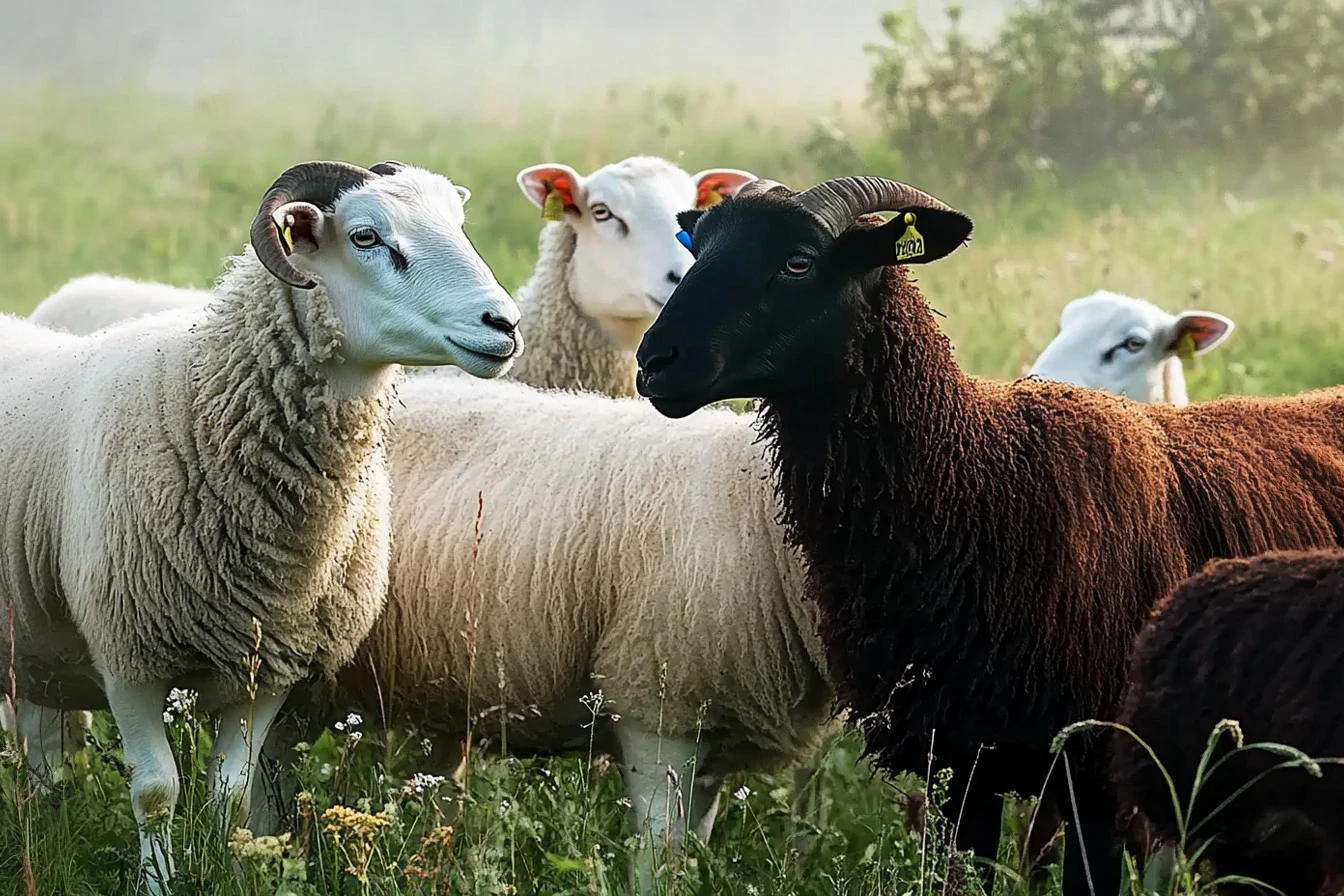Sheep and the Goats
Sheep and goats are by far, the most common livestock present in almost every country in the world. However, the basic nature of both are not very different from each other but they do have some variations that differentiate them. In this article, we will jump into the major distinctions of these two species and share with you their distinctive characteristics
Physical Characteristics
We will start with one of the most glaringly apparent differences between sheep and goats – their looks. Sheep are usually very round in shape and have thick wool all over their bodies, which can range widely as far a color. Whereas goats are more bony animals, with shorter coat of hair/fur. They come in many colors and patterns of coat that distinguish them from sheep.
Facial Features
In addition, sheep and goats have different facial structure. While sheep typically have a round face and wool-covered snout, goats tend to sport more angular mugs with visible nose-grooves. Goats also have beards, unlike sheep.
Behavioral Traits
A major behavioural difference between the two Birds of one feather flock together, sheep are generally more mild than wolves and stick with the herd mentality focused on border safety. On the contrary, goats have a mind of their own and they're curious so most times you'll find them wandering around or getting in all kinds of shenanigans. As a result, goats are generally more difficult to maintain in closed areas than sheep.
Social Dynamics
Sheep have herding instincts which means that they will follow the leader or is often simply in example of a more dominant animal, hence most describes such animals are flocking together. Goats however have more of a pecking order and can take on some pretty social populous where rank is established.
Dietary Preferences
Another separator between sheep and goats is eating habits. Sheep- are primarily grazers, eating grasses and other low plants. This is a special adaptation that enables them to get the most nutrients out of fibrous vegetation. Goats: Goats are browsers – they prefer to eat shrubs, trees and other higher forage. This dietary divergence could affect availability of habitats to which they are adapted.
Uses and Benefits
The farm pampers the sheep and goats equally in there own purposes. Sheep are typically bred for their wool, meat and milk, while goats serve mostly as a source of dairy products (milk). hybrids are sometimes grown to clear brush or too many weeds. Not only is every animal advantageous for its own purpose in farming system but also the choice between sheep or goat production sometimes rely upon several needs of farm.
Conclusion
So, to sum it up since on the outside goats and sheep might look alike in terms of looks these aspects (physcial features), behaviors as well as diet most likely make them different animals. Farmers and enthusiasts alike must keep these differences in mind to ensure the best possible care they provide for each species. To be a more humane animal, the two animals that are most widely available to farmers and ranchers today included sheep with its tame nature, or goats imagination both economic profitability ricula.





